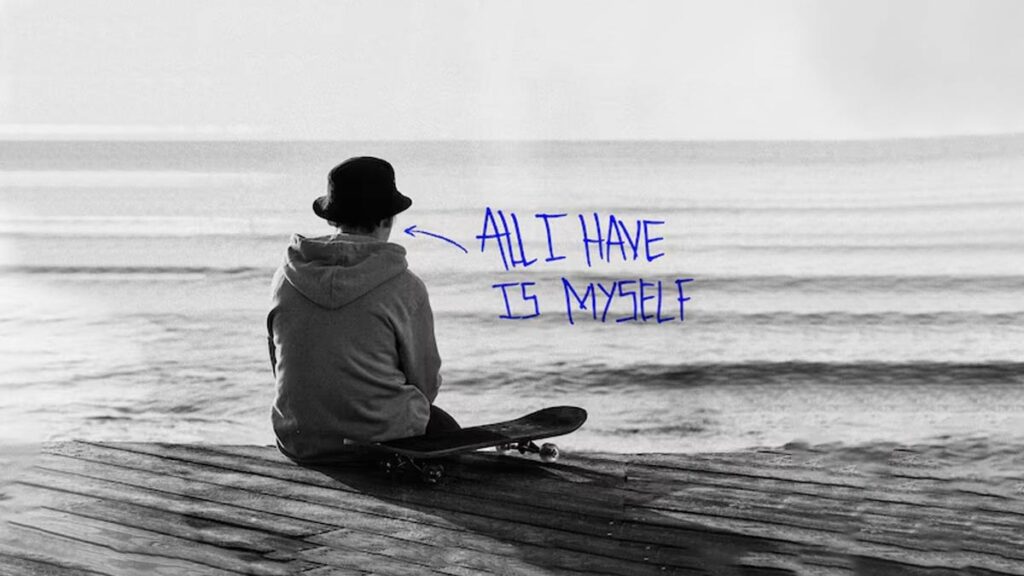The Relationship Between Education And The Internet

The internet has become an integral part of our lives, and its impact is especially evident in the field of education. The internet has transformed the way we access information and learn new things, and it has made the world of education more accessible than ever before.There are a number of ways in which the internet has affected education. One of the most significant ways is the way it has changed the way we access information. In the past, if we wanted to learn about something, we would have to go to the library and find a book on the topic. Now, we can simply go online and find a wealth of information on almost any topic imaginable. This has made learning much easier and more convenient.
Another way the internet has affected education is by making it more accessible. Before the internet, if you wanted to get a degree, you would have to physically attend a school or university. Now, there are a number of online schools and universities that offer accredited degrees. This has made getting a degree much easier for people who cannot afford to attend a traditional school or who live in remote areas. The internet has also made it possible for people to take courses and learn new skills without having to leave their home. There are a number of online courses available on a variety of topics, and you can often find courses that are tailored to your specific needs. This has made continuing education much easier and more convenient for busy adults.
In conclusion, the internet has had a profound impact on the field of education. It has made learning easier and more convenient, and it has made education more accessible. The internet is sure to continue to have a major impact on education in the years to come.
The Impact of the Internet on Education
The internet has transformed education in many ways. It has made research easier, allowed for more collaboration, and made information more accessible. It has also had an impact on the way teachers teach and the way students learn.
The internet has made research easier. In the past, if you wanted to find information on a specific topic, you would have to go to the library and look through books and magazines. Now, you can simply do a Google search and find what you’re looking for in a matter of seconds.
The internet has also allowed for more collaboration. Students can now work together on projects and papers using Google Docs or another similar program. They can also communicate with each other more easily using email, instant messaging, and social media. The internet has made information more accessible. In the past, if you wanted to learn about a specific topic, you would have to find a book or article that covered that topic. Now, there are countless websites, videos, and articles that can provide you with information on almost any topic imaginable.
The internet has also had an impact on the way teachers teach and the way students learn. Teachers can now use the internet to create online lessons and resources for their students. And students can use the internet to access those lessons and resources from anywhere in the world.
The Benefits of the Internet for Education
The internet has been a game-changer for education. It has made it possible for anyone, anywhere, to access high-quality educational resources and opportunities. Here are three ways the internet has transformed education for the better.
1. Increased access to educational resources
One of the biggest benefits of the internet for education is that it has increased access to educational resources. In the past, if you wanted to learn about a topic, you would have to go to the library and hope they had a book on it. Now, you can simply type a few keywords into a search engine and find hundreds of articles, videos, and websites on any topic you can imagine.
2. Improved communication and collaboration
The internet has also improved communication and collaboration in education. With tools like email, video conferencing, and online collaboration platforms, it’s easier than ever for students and teachers to connect and work together.
3. Greater flexibility and opportunities
The internet has made education more flexible and opened up new opportunities. Online courses and programs offer greater flexibility for students, while distance learning can make education accessible to people in remote areas.
The Challenges of the Internet for Education
There are many challenges that the internet poses for education. One of the biggest challenges is the vast amount of information that is available. It can be very overwhelming for students to try to sift through all of the information and find what is relevant to their studies. Additionally, there is no guarantee that the information on the internet is accurate. This can lead to students believing false information and forming misconceptions.
Another challenge posed by the internet is the potential for distraction. It is very easy for students to get sidetracked when they are working online. There are many tempting things to click on and explore, and it can be difficult to stay focused on schoolwork. Additionally, students may be tempted to cheat on assignments by looking up answers online. This can make it difficult for teachers to assess what students actually know and understand.
The internet can also be a very isolating place. Although there are many opportunities for collaboration and communication, students can also feel very alone when working online. This can be especially true for those who are shy or introverted. Additionally, students from disadvantaged backgrounds may not have access to the same resources and opportunities as their more privileged peers. This can lead to a further widening of the achievement gap.
Despite the challenges, there are also many potential benefits to using the internet for education. When used effectively, the internet can be a powerful tool for learning. It can provide students with access to a wealth of information and resources. Additionally, the internet can be a great way for students to connect with each other and collaborate on projects. When used thoughtfully and with careful consideration of the challenges, the internet can be a powerful tool for education.










